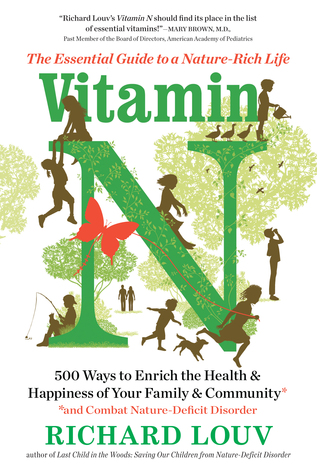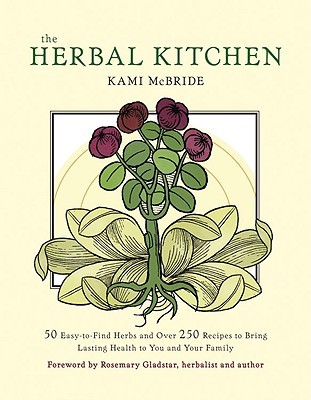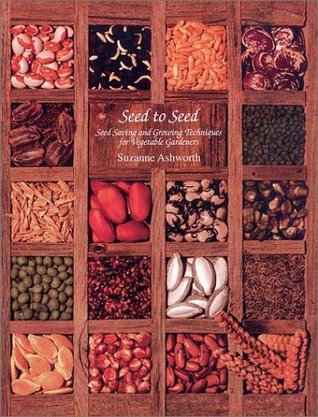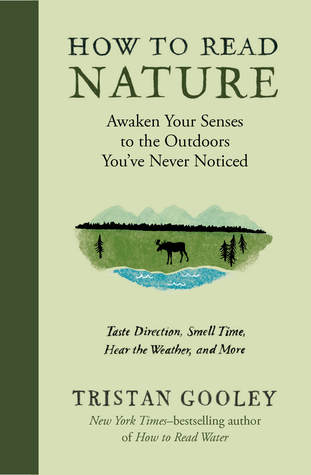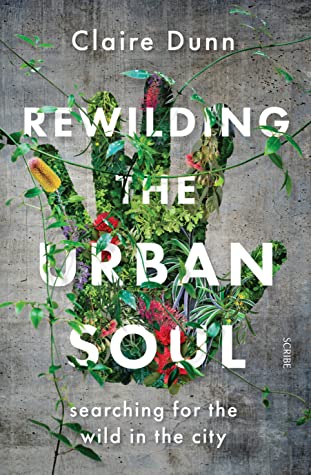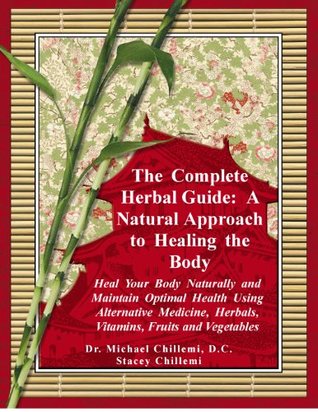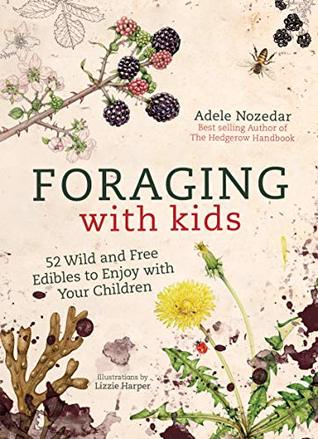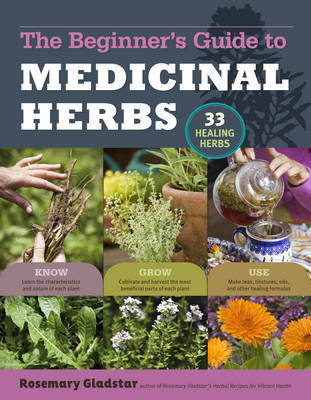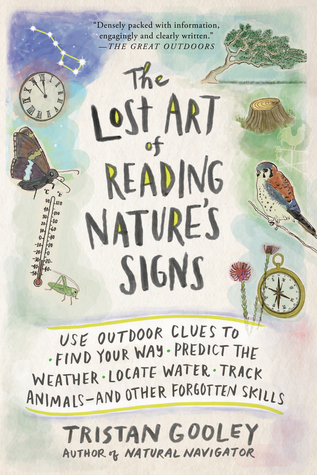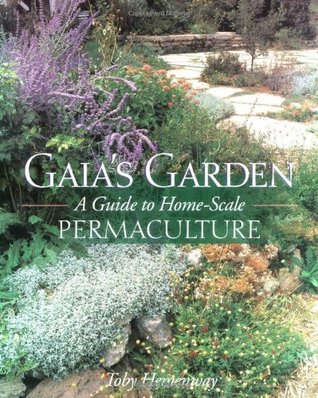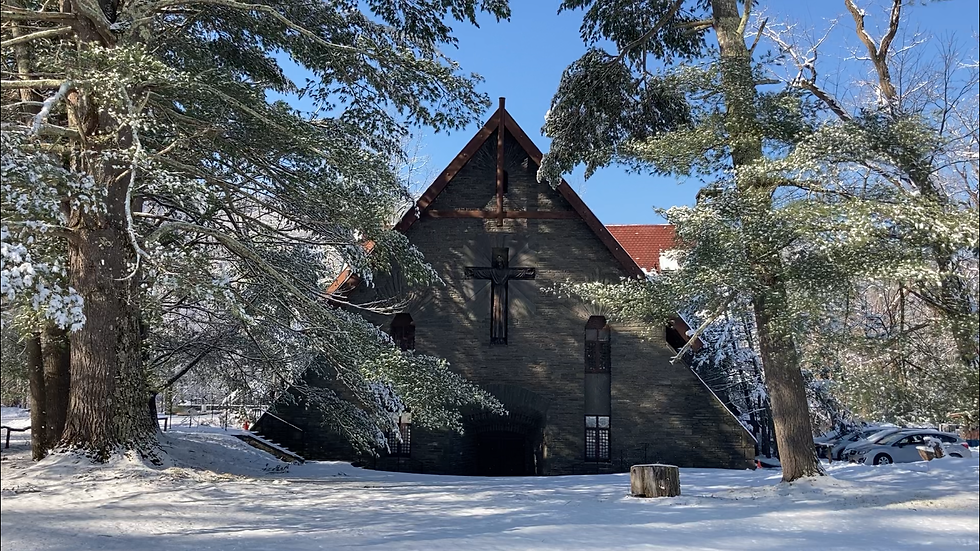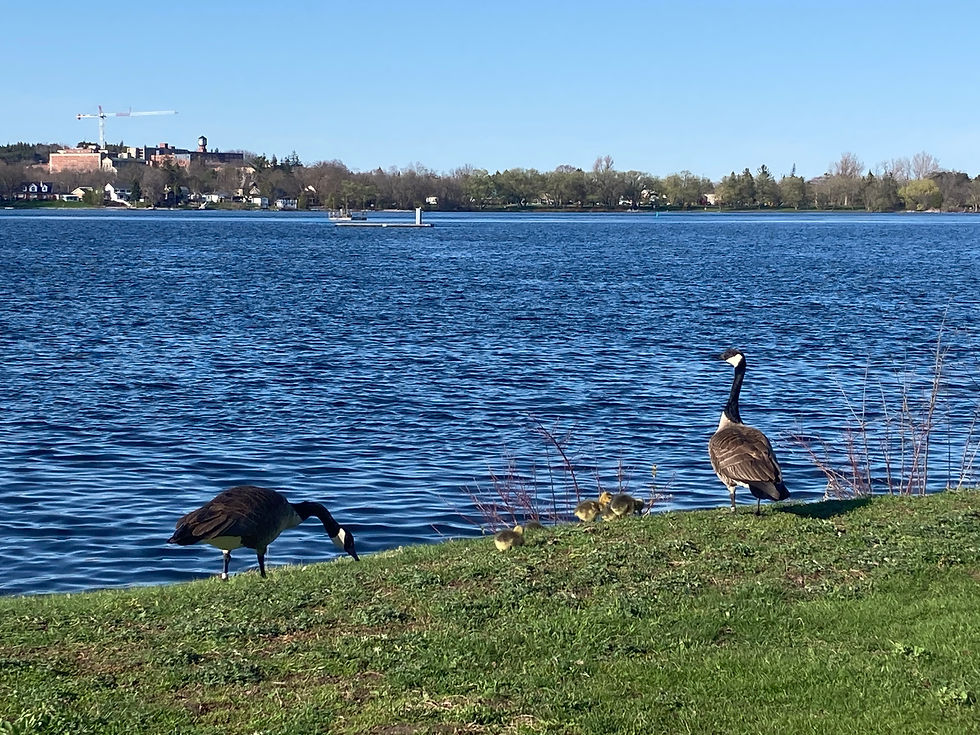- May 13, 2022
- 5 min read
Updated: Dec 21, 2022
Read below to discover how the plant path is showing up in my life.

While living at Zen Mountain Monastery this year (Sasha and I lived and trained there Feb and March), I realised how important nature connection is for my journey. Sasha has mentioned to me a handful of times: training in an intensive environment such as ZMM either clarifies that's where you need to be right now or that your path may be elsewhere.
I was still discerning which it was for me when we were asked to leave the monastery- which isn't as dramatic as it sounds: there were personal matters we were invited to look at before continuing to train at ZMM. Shugen, Abbott of ZMM [1], and other senior monastics were concerned it could affect our experience negatively, rather than being wholesome challenges that add to our experience.
As it happened, the request for us to leave ended up being a blessing in disguise. Don't get me wrong, I hold deep gratitude for what my time at ZMM taught me, for the friendships created, for the practice and support, for the space and history of the monastery, but I'm realising Zen [1] is part of my path, but right now isn't my primary practice. I still meditate regularly (although sometimes I struggle to do it daily) but something else is opening up for me right now.
As you may have guessed from the title: my curiosity is being sparked by the plant path. At this stage this means exploring practices like Herbalism, nature immersion, growing food and wilderness awareness practices, but I'm also open for this to deepen into other areas unknown to me right now.
When it comes to growing food and nature immersion, these I'm familiar with as I've entered spaces and have experiences that relate to them, such as work exchange on organic farms or Permaculture properties, or working with Claire Dunn as a mentor during challenging times in my life [3]. Herbalism, although familiar, still feels very new. There is so much about this practice to learn about- as it goes for many personal or spiritual practice I guess.
I can feel the stereotypical ideals and projections alive within me: the witchy aspects of working with Herbalism, or the 'cottage-core' vibes that is spreading on social media, or even wanting to have a kitchen shelf with jars filled with an assortment of dried plant matter or harvested fresh herbs and plants hanging from the roof to dry. Instead you have someone like me: a traveller who is struggling with practicing keeping my personal items to a minimum to keep my luggage light as I move from place to place every few months, let alone having bottles of herbs and roots and ingredients with me to create herbal medicines with.
As much as I'd love to have a van where I can have a mini apothecary with me on the road and have herbs and plants growing on my roof, my reality is that I've no income at the moment, I'm in a bi-national relationship (Australian/Canadian) and I'm moving around often, so my access to ingredients, training, community and a kitchen to practice in is limited. Not impossible, but one needs to be creative with how to manifest a space to engage with the practice.
All of these are part of the journey though. I could sit here and complain how it's all unfair and how I wish to have my own cottage in the woods with a herbal garden right now please and thank you or how hard it all is, and trust me, I have my moments of complaining (perhaps a lot more than I care to mention here), but it can take me away from my current experience. Which right now is about stepping into the world of Herbalism. Of exploring and trying different things out. Of immersing myself in nature to deepen my connection to the plants. It's about forming a relationship with the plant world, about introducing myself and learning more about them.
The time for play and herbal medicine creation will come. It's difficult to trust it at times but that's also part of my practice: to learn to trust that each step has its time. I yearn for a time when I can step outside daily and have plants and herbs to greet me, and to nurture them, to create them into nutritious food and medicine for myself and my community. But first things first: learn to open the door into this path and learn to trust what it offers and the timing of it all.
What I'm doing right now to engage with the plant path:
1. Practicing going outside daily. Whether it's a walk, working in the yard, sitting in the sun or putting bare feet on the earth.
2. Cooking with as much whole-food ingredients as possible rather than buying takeaway or eating out
3. Consider taking a short introduction to herbalism course like from Herbal Academy or Chestnut School of Herbal Medicine or Wild Rose College of Herbalism
4. Incorporating earth into my practices: using essential oils; drinking herbal teas; using candles; painting nature subjects like flowers, landscapes, trees, animals; foraging for wild edibles.
5. Reading blogs from Herbalists
6. Reading books like:
(Web- click arrow on the right to see more images. Blog app- click on image and swipe right).
[1] A list of teachers and staff at ZMM can be found here.
[2] "Zen" is a branch of Buddhism, originated from Japan. Buddhism began in India, then travelled to China ('Chan') then to Japan ('Zen'). All are similar but also have their own way of practicing and passing on Buddha's teachings. To learn more about Zen I recommend reading Zen Buddhism, A History: India & China (Volume 1) by Heinrich Dumoulin.
Or checking out ZMM's recommended reading list for more books on Zen.
[3] Claire offers immense guidance in reconnecting and connecting deeper to nature and to the path of self-inquiry. I respect and admire her path greatly and she's been a great source of support in my path of healing. She's an author of two books currently My Year Without Matches and Rewilding the Urban Soul, which both share her experiences in deepening her own practices and the experiences she's had exploring what she now offers as service to the wider community.
*Note on names:
I’m not giving exact names of people and locations to respect people’s privacy.
I also practice not publicly sharing where I am presently, for my own personal privacy.
I may edit this post in the future and share names if I’ve been given permission to do so (if you see names and links to other people’s websites or information it means I’ve been given permission by that person). I may also share more exact locations when I’ve moved on from a place.


